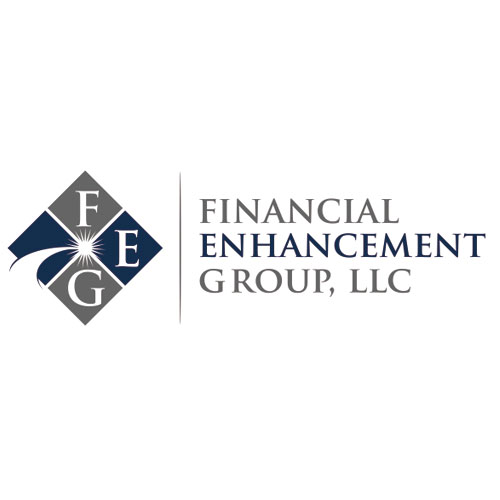[vc_row][vc_column width=”1/4″ offset=”vc_hidden-xs”][vc_widget_sidebar sidebar_id=”sidebar-main”][/vc_column][vc_column width=”3/4″][vc_column_text]
The Department of Labor’s Fiduciary Rule has generated much discussion and debate. While we are fully in support of the rule, it is being challenged by some in the industry who say the rule makes it more difficult for consumers to access advice. President Trump delayed the April enforcement date and last night a Texas judge upheld the entire ruling. Where it ends we don't know, but the fiduciary discussion matters.
By law, a fiduciary must treat another’s money as if it were his or her money in the same situation. There are two requirements: a duty of loyalty meaning a fiduciary legally must have your best interest at heart, and a duty of care meaning the individual recognizes they are qualified or unqualified to engage in certain types of advice.
The duty of care is where things can get lost in the shuffle. You, me, and everyone else, doesn’t know what we don't know. I am a Certified Financial Planner with 29 years of experience, and I taught financial planning at Purdue University for seven years. I continue to learn, as tax codes change and things evolve. How do you know or access duty of care?
As fiduciaries serving families, we focus daily on four categories. The first category of fiduciary focus is risk and volatility, which are distinct areas. Risk relates to the integrity of the investment (the likelihood you’ll get your money back), while volatility refers to fluctuations in the markets.
Next come fees and expenses which are also distinct. For example, consider a fee the price you agree to pay for a house. Consider expenses such as mowing the grass, replacing the water heater or repairing the roof as expenses. Homeowners know these expenses will arise, but they often are not discussed when it comes to the price of home ownership. Sadly, in the investment industry, stealth or unknown expenses can outweigh the known fees.
The third category we focus on are taxes, but this is not an annual assessment. Effective tax planning considers the tax return not only for this year, but in years to come. Remember, retirement planning is a journey, not a snapshot moment.
Finally, we focus on making sure families receive a “real” return. By “real” we are referencing a return that keeps up with and exceeds inflation.
Whether you are working with an advisor or navigating retirement planning on your own, make certain you address each of the four categories. Most of the financial services industry simply says, “consult your tax advisor”, rather than address tax planning issues. That is a tragic mistake.
Each part of the “fiduciary focus” can create challenges for your financial future. The duty of care required by fiduciary standards clearly states advisors – including individuals who manage their own retirement – have an obligation to be trained and well versed in the previously mentioned areas. Challenge your advisor to prove that and if you act as your family’s advisor, challenge yourself.
Disclaimer: Do not construe anything written in this post or this blog in its entirety as a recommendation, research, or an offer to buy or sell any securities. Everything in this post is meant for educational and entertainment purposes only. I or my affiliates may hold positions in securities mentioned in the blog. Please see my Disclosure page for full disclaimer.[/vc_column_text][/vc_column][/vc_row][vc_row][vc_column offset=”vc_hidden-lg vc_hidden-md vc_hidden-sm”][vc_widget_sidebar sidebar_id=”sidebar-main”][/vc_column][/vc_row]


